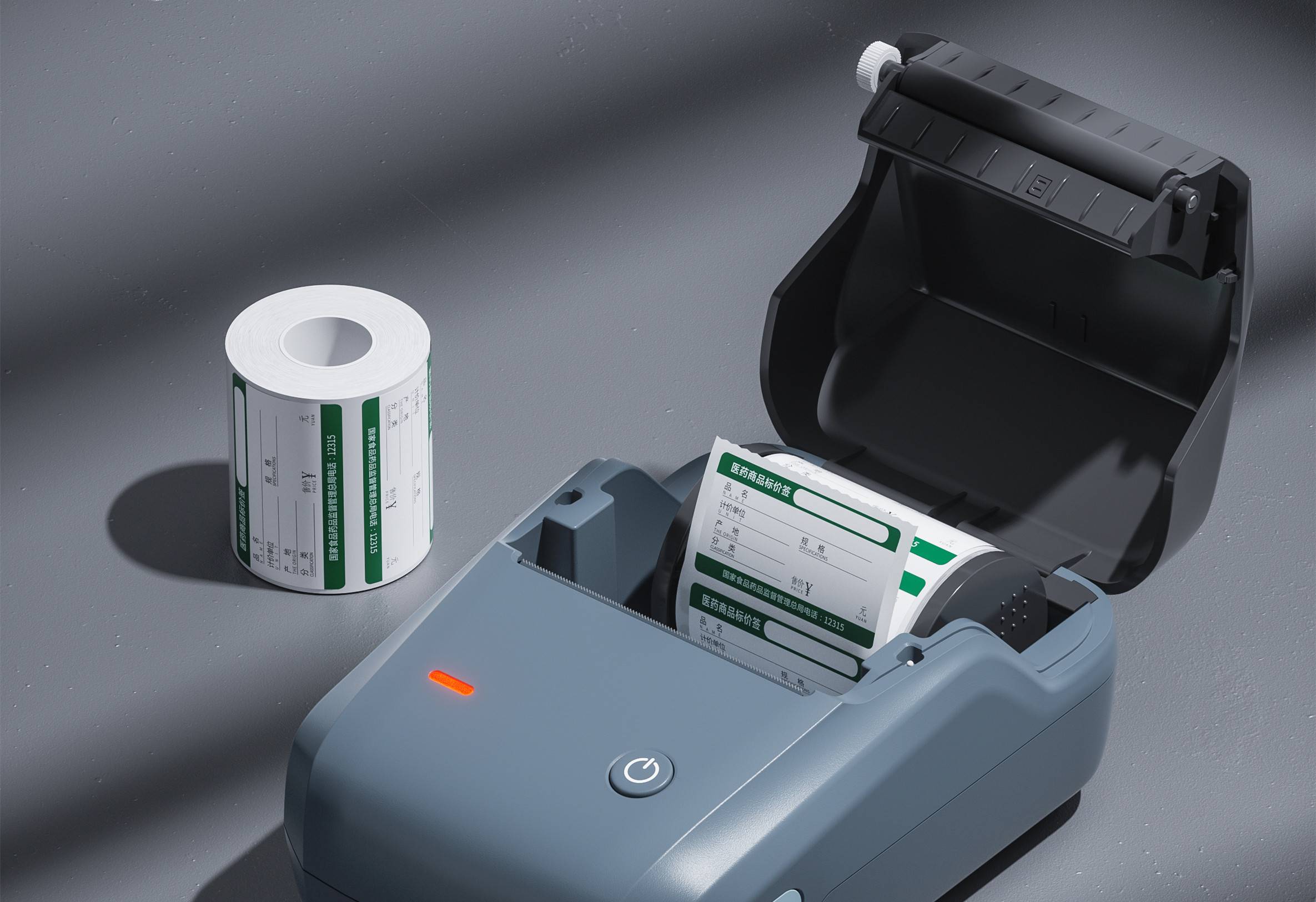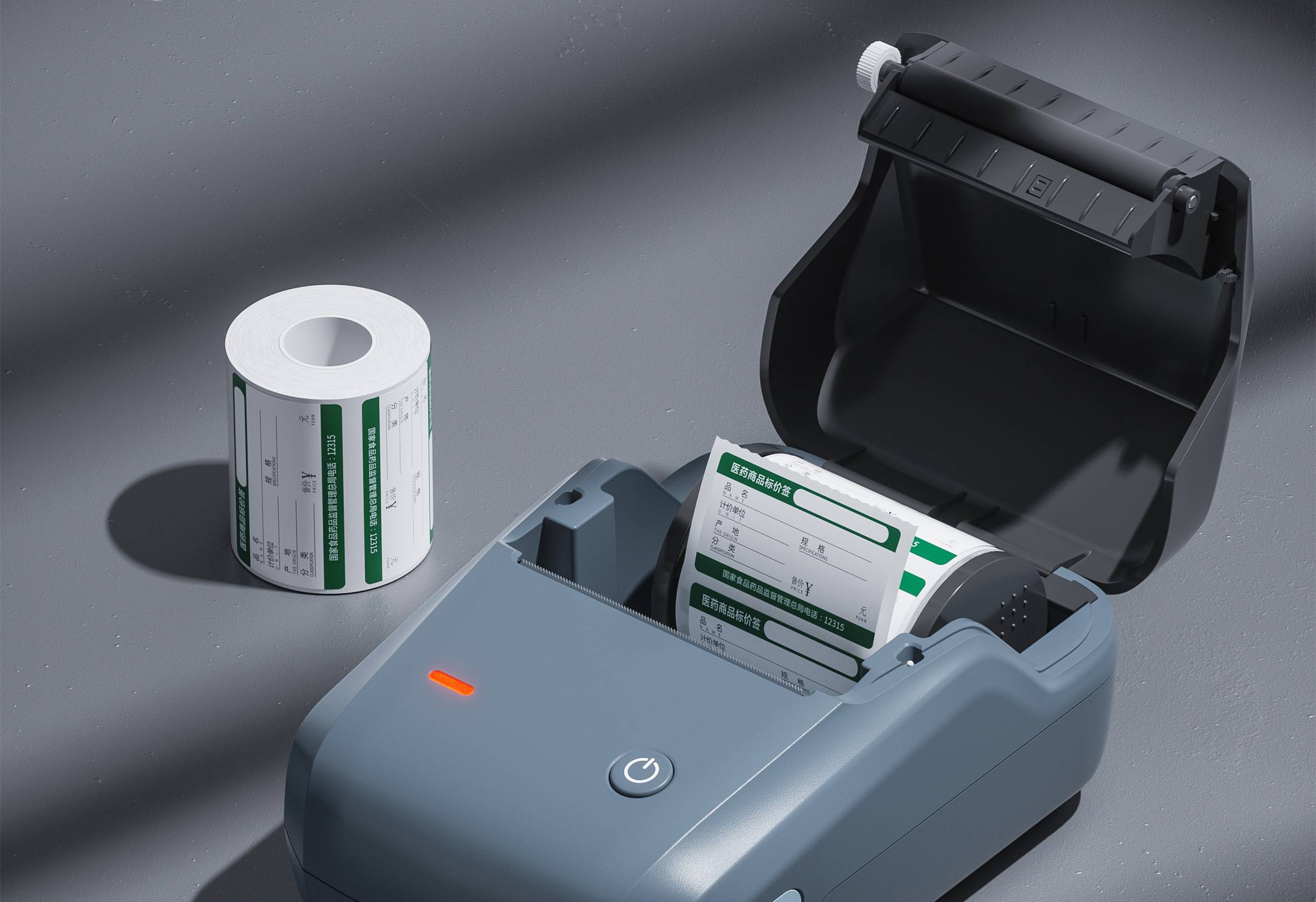
Certification introduction
The meaning of GS is German "Geprufte Sicherheit" (safety has been certified), but also "Germany Safety" (German Safety). The GS certification is based on the German Product Safety Law (GPGS) and is a voluntary certification that is tested in accordance with the EU unified standard EN or the German industrial standard DIN. It is a German safety certification mark recognized in the European market.

GS certification mark
The GS certification mark indicates that the safety of the product has passed the test of an independent institution with credibility. Although the GS certification mark is not required by law, it can indeed make manufacturers subject to strict German (Europe) product safety laws when product failures cause accidents. Therefore, the GS certification mark is a powerful market tool that can enhance customer confidence and desire to buy. Although GS is a German standard, most European countries agree. And while meeting the GS certification, the products will also meet the requirements of the European Community's CE mark. Unlike CE, there is no legal requirement for the GS certification mark, but since safety awareness has penetrated ordinary consumers, an electrical appliance with a GS certification mark may be more competitive in the market than general products. Generally, the unit price of GS certified products is higher and more popular.
Certification significance
The necessity of GS certification
1. As a symbol of product safety and reliable quality, GS has been more widely recognized by consumers in Germany and the EU;
2. Maximize the reduction of the manufacturer's liability risk in product quality;
3. Enhance the manufacturer's confidence in product quality, safety, and compliance with legal requirements;
4. Emphasize to consumers the obligations of manufacturers on product quality and safety;
5. The manufacturer can assure the end user that the product bearing the GS mark has passed the test of the third-party testing agency;
6. In many cases, the quality and safety of products with the GS logo exceed the level required by law;
7. The GS mark can obtain a higher degree of recognition than the CE mark, because the GS certificate is issued by a qualified third-party testing agency.
Applicable product range
1. Household appliances, such as refrigerators, washing machines, kitchen utensils, etc.
2. Household machinery.
3. Sports supplies.
4. Household electronic equipment, such as audiovisual equipment.
5. Electrical and electronic office equipment, such as copiers, fax machines, shredders, computers, printers, etc.
6. Industrial machinery, experimental measuring equipment.
7. Other safety-related products such as bicycles, helmets, ladders, furniture, etc.
application process
1. Application: The applicant shall submit the documents that meet the requirements. For electrical products, the general assembly drawing, electrical schematic diagram, bill of materials, product use or installation instructions, and the description of the differences between the series models shall be submitted.
2. Sample test: The test will be conducted in accordance with the applicable standards, and can be conducted in any laboratory of the manufacturer's laboratory or inspection agency stationed in various countries.
3. Factory inspection: GS certification requires safety-related procedures inspection of the production site.
4. Issue GS certificate.
Application materials
1. Application form
2. General Agreement
3. Product CB certificate and report
4. The product manual
5. Parts list
6. Circuit diagram and layout
7. Product structure diagram
8. Specifications of parts such as transformers
9. Nameplate
10. Electromagnetic compatibility assessment report (EMC) and factory declaration of conformity (DOC)
11. German manual
12. Samples at the time of shipment
The difference between GS certification and CE certification
GS certification | CE certification |
Voluntary certification non-compulsory | Compulsory certification |
Apply German safety regulations for testing GS | Applicable to European standards (EN) for testing |
An independent third party authorized by the German government conducts testing and issues a GS mark certificate | Under the premise of having complete technical documents (including test report), you can declare CE by yourself |
Annual fee | No annual fee |
Factory inspection must be carried out every year | No factory inspection |
The GS mark is issued by an authorized testing unit with high credibility and market acceptance | Factory self-declaration of product conformity, low credibility and market acceptance |
It is very helpful to improve the reputation of product quality | There is no way to improve product quality |
Accepted by customers in Europe | Accepted by general customers in Europe |
The cost is slightly higher | Average cost |
Usually 6-8 weeks | Generally 2-4 weeks |

Label printers entering the Brazilian market, ANATEL certification is an essential passport! It is the recognition of the Brazilian Telecommunications Authority for the safety and compliance of electronic products, without which products cannot be legally sold.

SRRC certification is not only a guarantee of product compliance, but also a key to opening up the market.

FCC ID certification is a mandatory certification for electronic products by the Federal Communications Commission (FCC) in the United States, and it is essential for label printers to obtain this certification.
The meaning of GS is German \"Geprufte Sicherheit\" (safety has been certified), but also \"Germany Safety\" (German Safety). The GS certification is based on the German Product Safety Law (GPGS) and is a voluntary certification that is tested in accordance with the EU unified standard EN or the German industrial standard DIN. It is a German safety certification mark recognized in the European market.
Get a quote